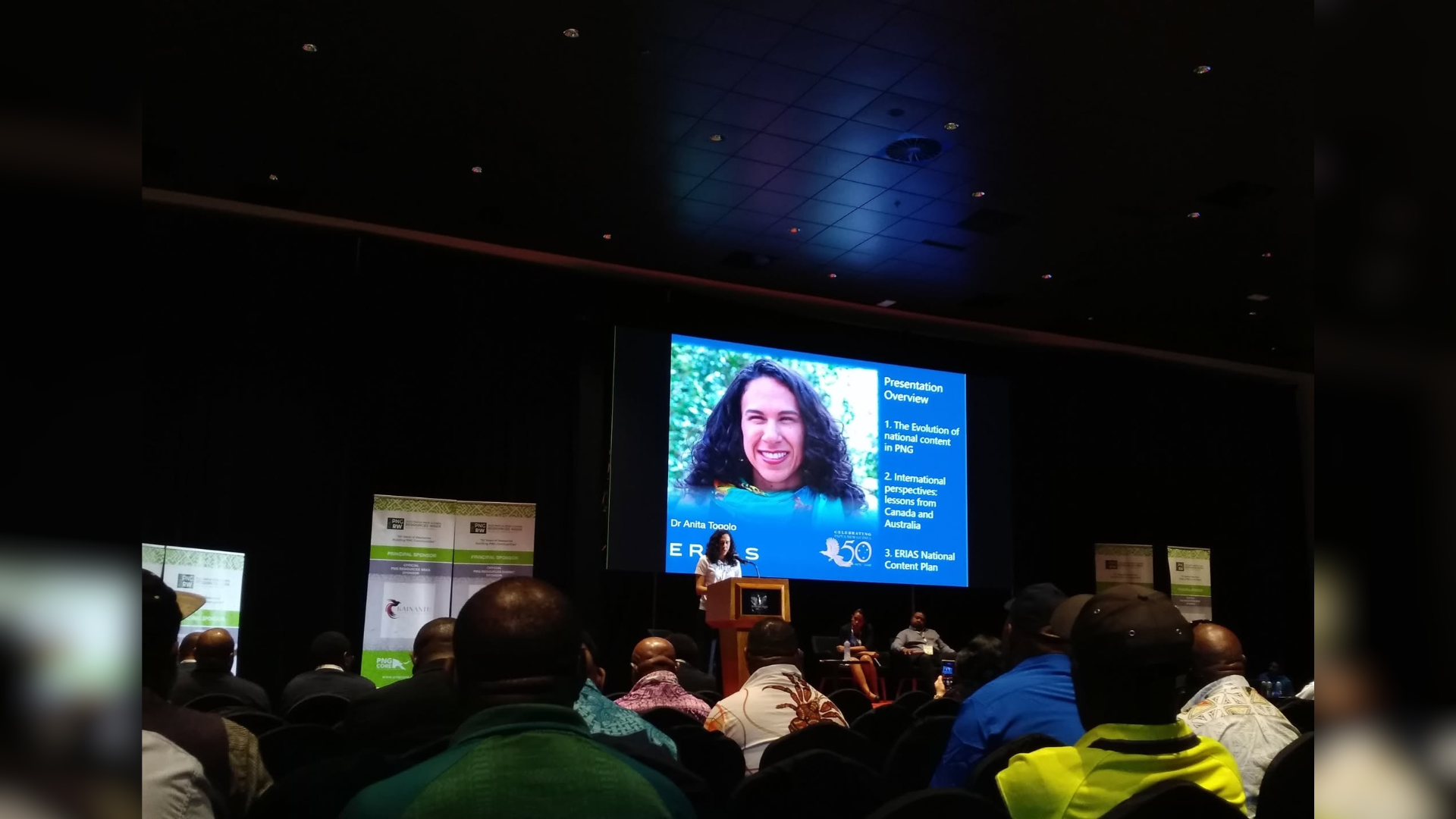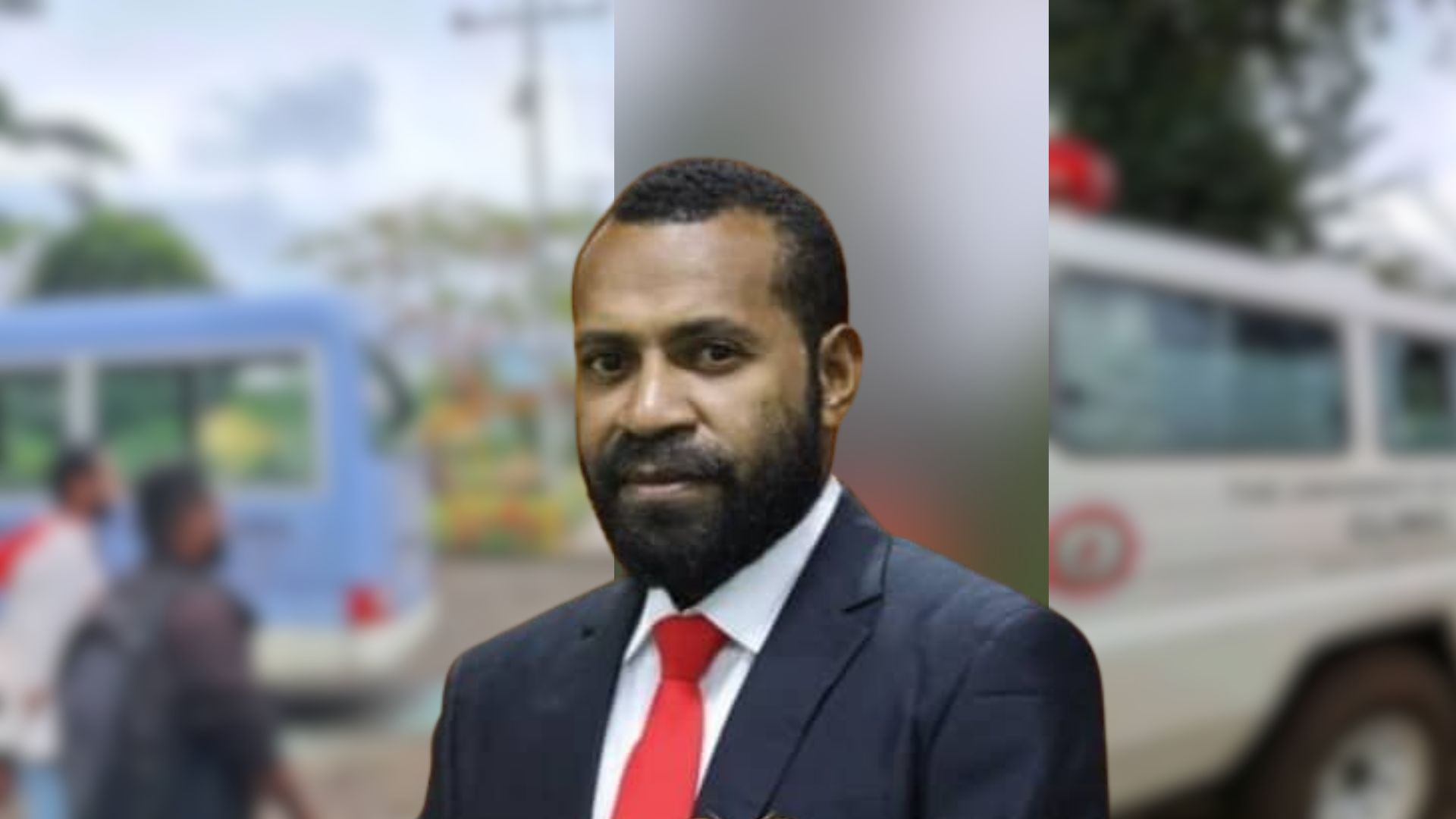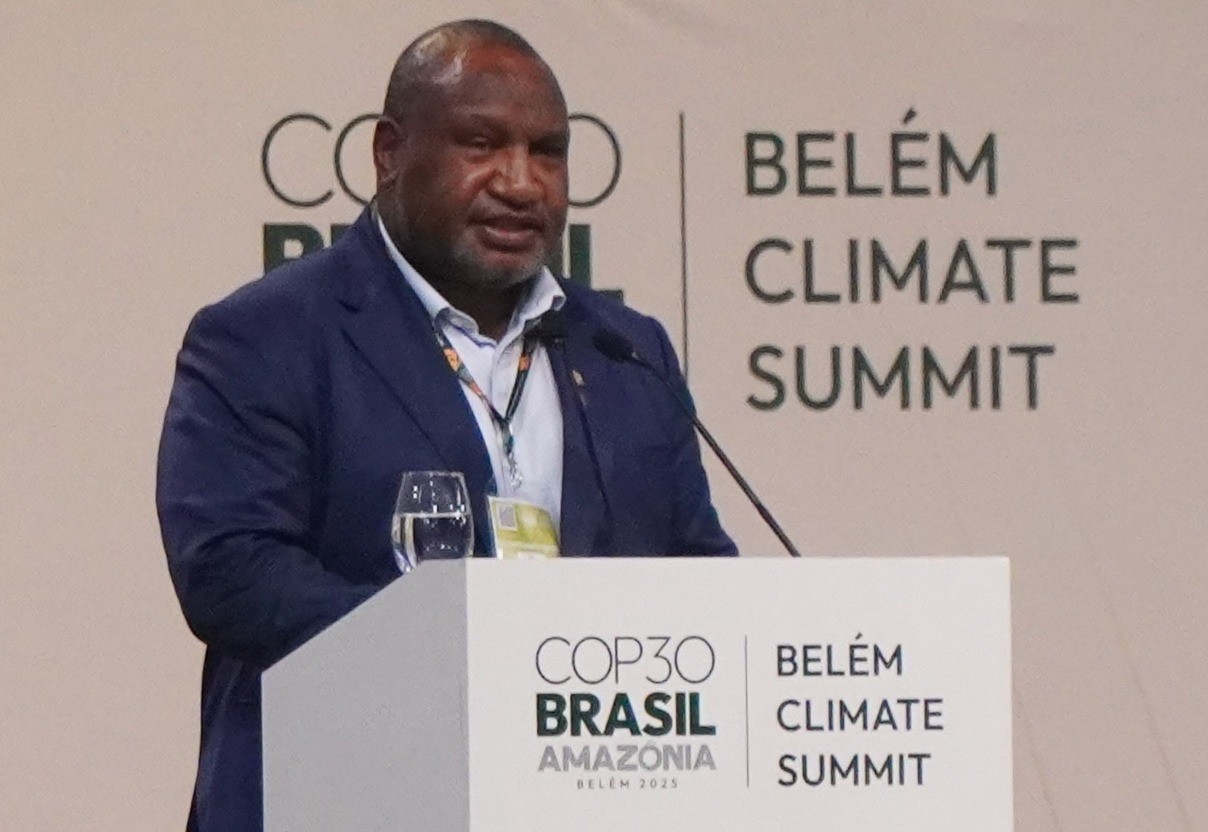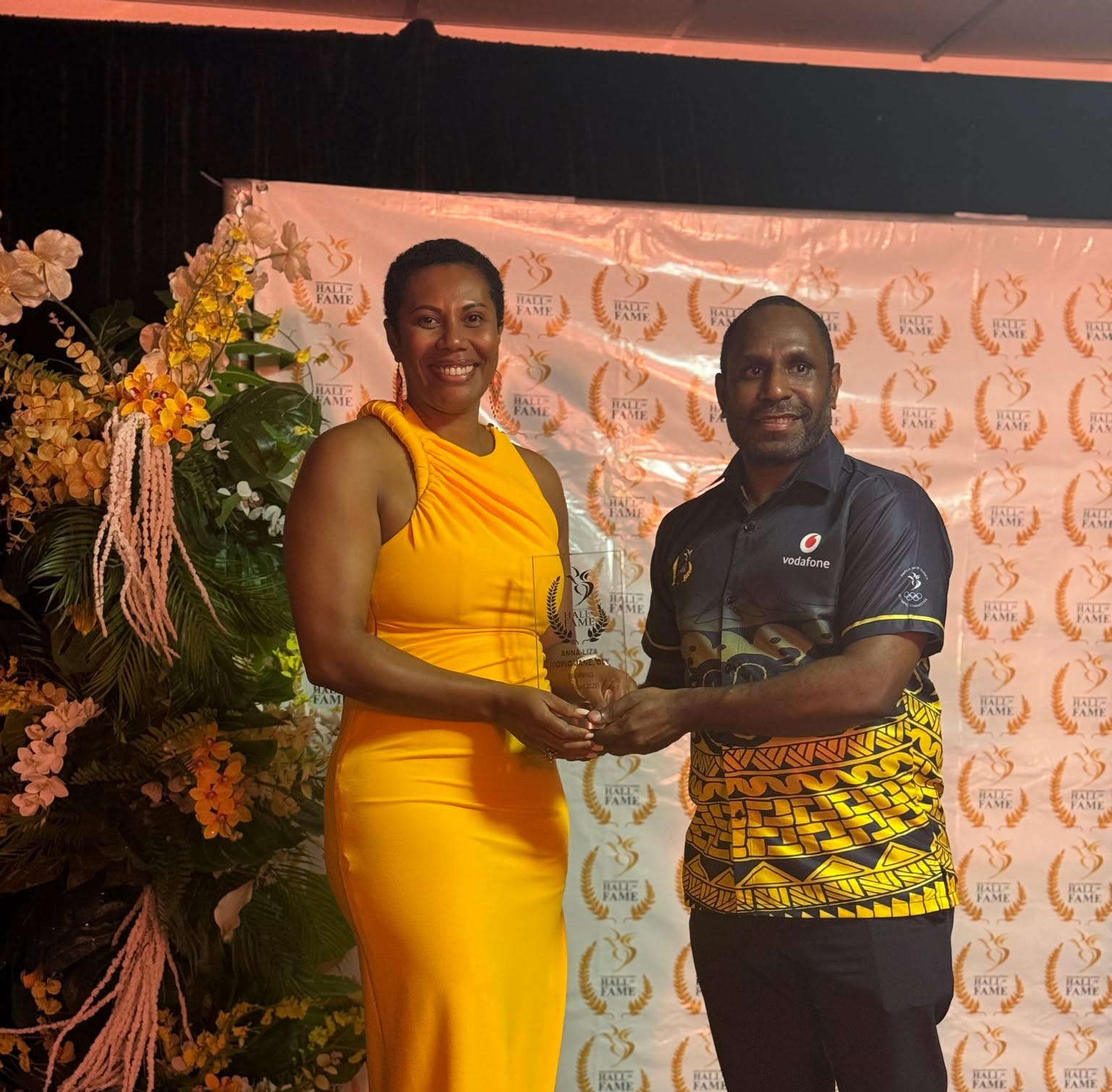NEWS
NATIONAL CONTENT POLICIES DRIVING DEVELOPMENT & GROWTH
![]() By Emmanuel MAIPE |
July 29, 2025
By Emmanuel MAIPE |
July 29, 2025

Related News
LATEST NEWS





